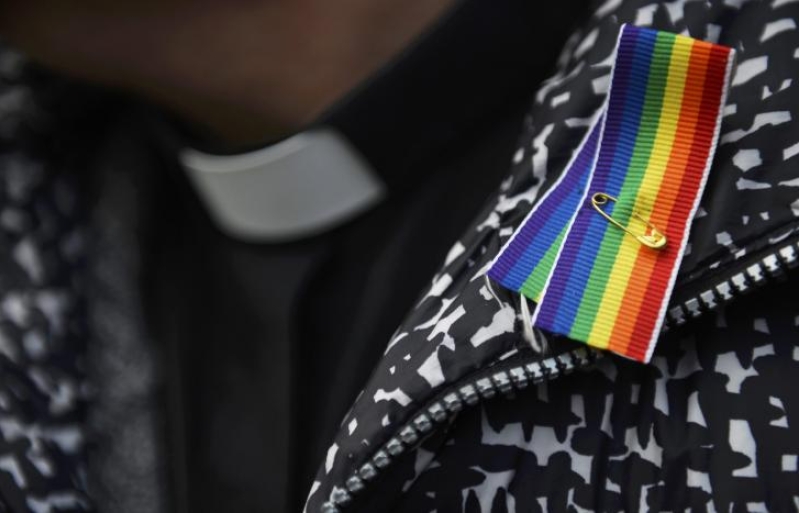
The Church of England has stirred up controversy after announcing it plans to vote on creating an official "baptism-style" service to celebrate when transgender "Christians" change their biological sex.
At the General Synod meeting in July, church leaders will not only consider holding special services to mark a transgender person's transition, they will also vote on whether to denounce gay conversion therapy and re-examine its teaching on marriage as between one man and one women.
Liberals in support of the motion said vicars have been "forced to devise unofficial services to welcome sex-change worshippers and the Church should demonstrate its unambiguous acceptance of transsexuals," according to the MailOnline.
"Trans people feel powerfully called to be recognized in their 'chosen' name," the Church's most senior trans priest, Rev. Rachel Mann, told ChristianToday. "An opportunity to be publicly introduced to God is therefore significant. I think this is what the proposed liturgy aims to do. It will be symbolically powerful. The extent to which it is [a form of] baptism will be debated by General Synod of course, but this liturgy is a welcome move to affirm Trans people."
However, conservatives have expressed dismay over the motion.
"It is unclear why we are even debating this issue," said Conservative Synod member Andrea Williams, director of pressure group Christian Concern. "We are sensitive to people who feel uncomfortable with their sex, but Christian teaching is that God made us man and woman. The Church should help people to see the beauty of their God-given sex instead of confusing them."
The Church of England's position on transgender people accepts that two opposing theological views of transexual people's experience and gender transition can "properly be held", similar to that of the views over women's ordination, according to a House of Bishops memo in 2003.
The Archbishop of Canterbury Justin Welby has backed the biblical definition of marriage as defined between one man and one woman, but has also called on Christians to repent for the "hurt and pain" the Church has inflicted on gay people.
"It's a constant source of deep sadness that people are persecuted for their sexuality. I want to take this opportunity personally to say how sorry I am for the hurt and pain, in the past and present, that the Church has caused and the love that we at times completely failed to show, and still do, in many parts of the world including in this country," Welby said last year.
In a join statement earlier this year, Welby along with John Sentamu, the archbishop of New York, said: "We want to be clear about some underlying principles. In these discussions, no person is a problem, or an issue. People are made in the image of God. All of us, without exception, are loved and called in Christ. There are no 'problems,' there are simply people called to redeemed humanity in Christ," they said in a joint statement, as reported by The Guardian.
They added that the church will have to continue to "deal with the real and profound disagreement - put so passionately and so clearly by many at the debate."
The Anglican Communion is the world's third largest Christian body with 80 million members. The denomination split after Canada's Anglican Church began blessing same-sex couples in 2002 and the Episcopal Church, its U.S. branch, ordained its first gay bishop in 2003, according to Reuters. In 2015, the Church of England consecrated its first woman bishop, and women already serve as bishops in the United States, Canada, Australia and New Zealand.






